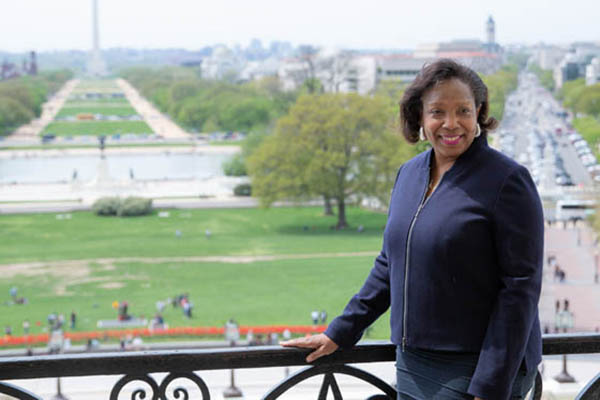Washington, D.C., has some of the highest rates of breast cancer mortality among black women. Experts know that lack of screening isn’t the cause. For more than a decade, Sherrie Wallington, Ph.D., has focused much of her work on cancer prevention and cancer disparities. She’s now focused some of her current research and a $50,000 grant on the issue.
“Women are coming in to get screened [for breast cancer] and then, after diagnosis, we’re somehow losing them,” said Dr. Wallington, a GW Nursing assistant professor. “They’re not coming back for recommended treatment or follow-up.”
Funding for her grant proposal, “Care Coordination in Breast Cancer in the Nation's Capital: A Mixed-Methods Exploration of Reasons for Loss to Follow-Up,” comes from the Clinical and Translational Science Institute at Children's National, in partnership with GW.
“I’m hoping the study will help us gain insight into questions such as, ‘Why are we seeing such a high breast cancer mortality rate among black women when they have a 20 percent higher screening rate compared to white women?’” said Dr. Wallington. “This study may tease out factors that impede women from coming back to seek the recommended treatment after they’ve been diagnosed.”
To execute the study, expected to be completed in June 2020, Dr. Wallington’s research team intends to conduct focus
groups in Washington, D.C., and review electronic health record data. This process will enable them to recognize any patterns and identify how long it took patients to come back for treatment or follow-up after diagnosis.
Dr. Wallington’s co-investigators include Mandi Chapman, M.A., from the GW Cancer Center, and Kimberly Robien, Ph.D., project mentor from the Milken Institute School of Public Health.


